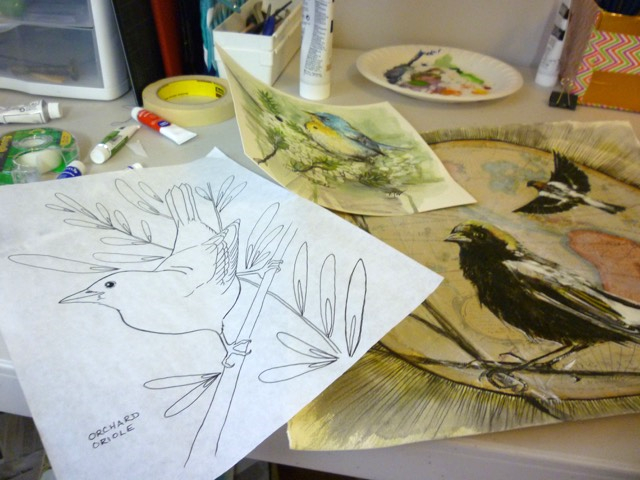Endangered Strangers: Coral
What what! Corals in the house!
 Blue coral - Heliopora coerulea
Blue coral - Heliopora coerulea
This endangered species is unique and amazing --- it's the sole member of it's taxonomic order and is known for it's distinctive permanently blue skeleton.
 Blue coral - Heliopora coerulea
Blue coral - Heliopora coeruleaThis endangered species is unique and amazing --- it's the sole member of it's taxonomic order and is known for it's distinctive permanently blue skeleton.
 Wellington’s solitary coral - Rhizopsammia wellingtoni
Wellington’s solitary coral - Rhizopsammia wellingtoniSadly, this species is critically endangered and may be extinct. This deep purple-black coral was known from just a few sites off the Galápagos Islands.
 Elkhorn coral - Acropora palmata
Elkhorn coral - Acropora palmataThis species is critically endangered. This type of coral is an excellent reef-builder and occurs in the Western Atlantic and Caribbean.
 Elegance coral - Catalaphyllia jardinei
Elegance coral - Catalaphyllia jardineiThis endangered species is known as one of the most beautiful corals, with gorgeously colored polyps...hence its elegant common name.
 Mushroom coral - Heliofungia actiniformis
Mushroom coral - Heliofungia actiniformisRather than forming colonies like most species of corals, this charmingly-patterned endangered coral is solitary.
Okay, so what the corals are worried about is true. Aside from the more regular threats they face from being collected, drenched with sediment, choked with algae blooms due to fertilizer runoff etc --- the twin threats posed by the rapid increase of carbon dioxide in our atmosphere are very real and very serious --- not only for coral, (though corals are some of the oceans most at risk inhabitants,) but for much of ocean life.
Corals are very sensitive to ocean warming, and when stressed by high temperatures, they can loose their symbiotic algae and undergo what is called 'bleaching,' which leads to severe stress and sometimes death of the organism or entire reefs.
In addition, because corals' skeletons are made of calcium carbonate, the increasing acidity of the oceans, can quite literally, dissolve corals away. Ocean acidification occurs as our oceans absorb a portion of the additional carbon dioxide emitted by the activities human beings. This creates carbonic acid, making our oceans gradually more acidic --- and can eventually kill organisms that rely on calcium carbonate for their shells and skeletons. Many people call this the 'hidden threat' of global warming.
Luckily, this is starting to be recognized and studied, and hopefully we can all act before it's too late. Just yesterday, in fact, 82 coral species were submitted for review to be protected under the US Endangered Species Act.
Here are a few ways you can help:
- If you have a saltwater aquarium, please don't buy wild-harvested corals.
- Please don't purchase new jewelry made from coral, and sign SeaWeb's 'Too Precious to Wear" pledge here, which is part of a great campaign that's even supported by Tiffany & Co.
- And of course, the largest and most important thing all of us can do is work hard to reduce our own carbon footprints! Be conscious when you make any choice, of how you are affecting the world around you. Yes, walking instead of driving is making a real difference for thousands of exotic and beautiful marine species of coral world-wide. Try that line out on your friends.
- Also, learning more and spreading the word is an amazing help! You can learn more about ocean acidification, here, or more about anything in this post with a quick Google search.
Help us Obi-Wan Kenobi...or whatever your name is. You're our only hope!


Help a coral out!
ReplyDelete:)